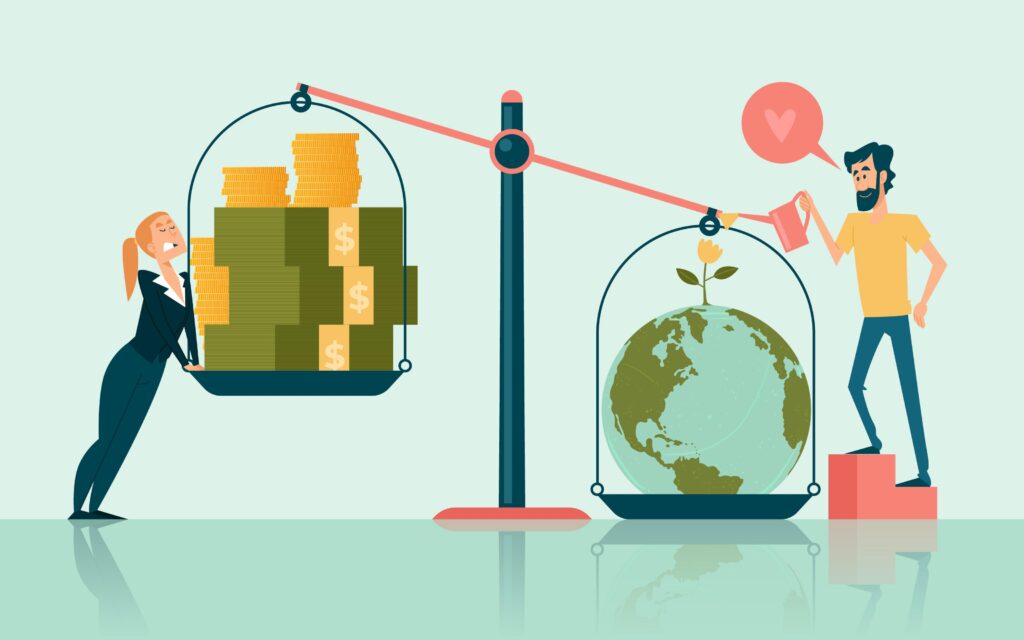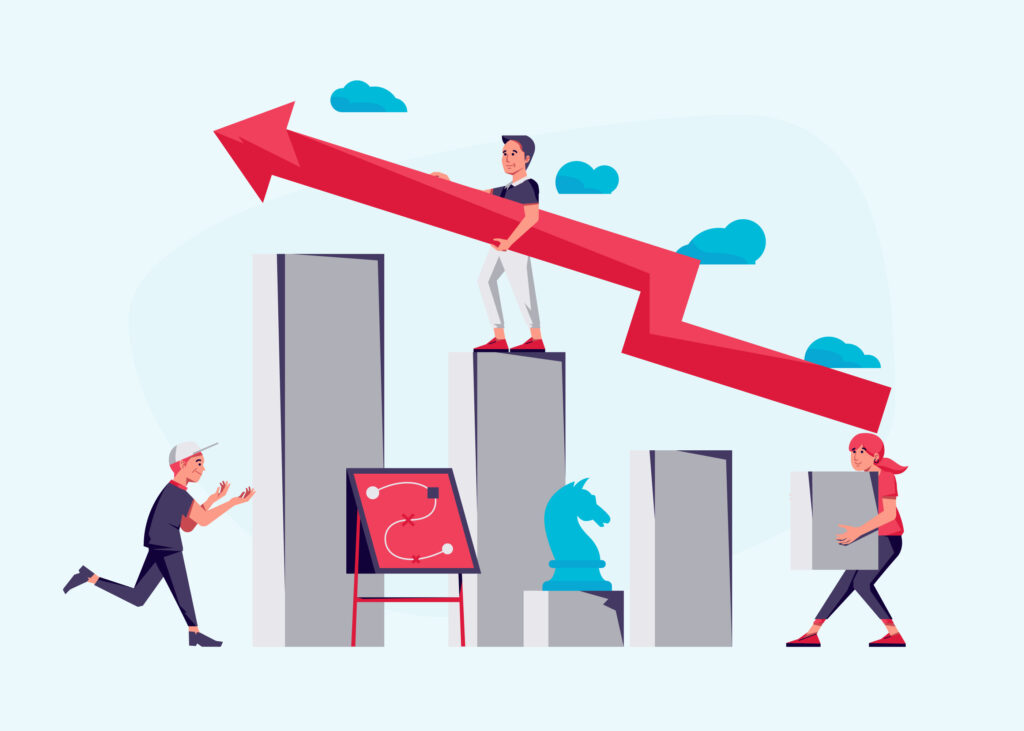
Economic Inequality Syrixo.com
Rethinking Economic Inequality: Best Tips 2024 Syrixo.com Income and asset disparity has turned into a significant issue world over with adequate important effects for human being, groups, alongside with societies universally. They believe that inequality leads to reduced social capital and weakens societal bonds; productive investments decrease, and institutions, lose credibility. Tackling the issue of economic disparity follows logical thinking where management needs to come up with different strategies that can help change policies to broaden equity in the economy as well as create more leveled chances to more individuals.
How much do you understand about Economic Inequality?
Economic inequality therefore means the unequal spread of income and wealth across the people and or groups in a society. There are different types: income disparities, wealth disparities, disparities in provisions of education, health care, and other basic human needs. The root causes of economic inequality are complex and interconnected, involving factors such as:
- current issues like globalization and technological change
- Taxes with policies and redistributions of wealth
- Education and skill disparities
- Prejudice and rejection
- Outcome of Economic inequality
- The consequences of economic inequality are far-reaching and detrimental:
- mind, civil disorder and lower rate of social mobility
- Low economic development and subsequently lower productiveness.
- New forms of poverty and health inequality
- Disrespect doesn’t and less social unity
- Pollution of the natural environment and availability of resources

Policy Solutions to Solve Economic Inequality
The issues have to be resolved through a new understanding over priorities of economic policies, welfare and taxation. The following policy solutions offer a starting point:
1. Progressive Taxation
The progressive systems of taxation implemented can also act to spread wealth around fairly by decreasing concentration of wealth. Policies include:
- Raising the rates of taxes scales for the wealthy
- Hiking up wealth taxes, or even reintroducing inheritance taxes
- Excluding loopholes on taxes and eradicating tax havens
2. New opportunities to improve education and training.
Investing in education and training programs can enhance skills and employability, particularly for disadvantaged groups:
- Scholarship or low-cost education and workplace training
- Employment by means of apprenticing and on the job training.
- Student Support provides targeted programs for underrepresented groups

3. Labor Market Reforms
Strengthening labor laws and regulations can promote fair wages, job security, and workers’ rights:
- Lifting minimum wages on workers and linking the minimum wages to inflation rates.
- This means promoting power of employees through collective bargaining, union formation and strengthening.
- Adopting parity when it comes to wages between employees that alleviate similar duties.
4. Policies and Programs for Poverty Eradication and Solve Economic Inequality
Expanding social safety nets and transfer programs can provide a financial cushion for vulnerable populations:
- Unemployment benefit and other forms of benefits
- Child allowances, and family support schemes
- A housing and healthcare subsidy has also been recognized as essential by more than two-thirds of women.
5. Expenditures for Public Development Activates and Capital Outlay
Investing in public goods and services can promote economic growth, social equity, and environmental sustainability:
- Transport services and the provision of better infrastructure network.
- Renewable energy and Green Technology As the most global economy widely acknowledged, renewable energy and green technologies have received more recognition as the best Answer.
- These include health and public education institutions
6. Promoting CSR
Promoting corporate social responsibility can foster a culture of shared value and social accountability:
- Promoting Corporate Social Responsibility & Community Volunteering
- Execution of diversity, equity and inclusion measures
- Accounting of social and environmental cost and benefits

7. How Discrimination and Social Exclusion can be Tackled
Policies addressing discrimination and social exclusion can promote greater equality and inclusion:
- Protection from discrimination and discrimination action
- Concepts such as affirmative action programs and diversity or equal opportunities.
- Cultural competency training and education them.
- Impact of Brexit on the UK and EU: Best Guide.
- Forex Trading 101: Worst Crime Activities in it
Implementation and Monitoring
Effective implementation and monitoring are crucial to the success of these policy solutions:
- The target and indicators for the impact of economic inequality must be quantified and defined.
- The policy effort of establishing interagency task forces
- Putting a spotlight: Civil society, community groups and participates in policy making
- You can contact us here.
Continuing to review and modify the policies by the use of data and evaluation.
Conclusion
Challenging the tenets of conventional economic theory…Analyzing the issue of inequality entails the adoption of a systemic and enterprising model of thinking. According to the results of the study, policymakers can also lessen economic inequality and inequity by adopting progressive tax systems, improving education and training opportunities, advancing lab our market measures, social protection and public goods and services.
Promoting CSR and fighting discrimination and social exclusion are other pillars needed towards a fairer and more sustainable economy. Lastly, poverty can only be understood when we put reward back in its rightful place: unashamed advocacy and active practice of human dignity and justice, for the economic betterment of the society and the person.
Implements of Future Research
- Societal policy intervention on the study of trends in the level of economic inequality
- Exploring how technology deepen or reduce economic divide and how
- Considering the correlation between the economic division of annals and environmental depredation
- The creation of fresh indicators and assessment of economic disparity
- Introducing and considering the new policy ideas and possibilities, including basic income and sovereign wealth funds.
Addressing the problem of today’s economic insecurity requires rediscovering the nature of inequality and engaging in a comprehensive search for efficient policy interventions capable of creating a more fair and prosperous future for the American society.





